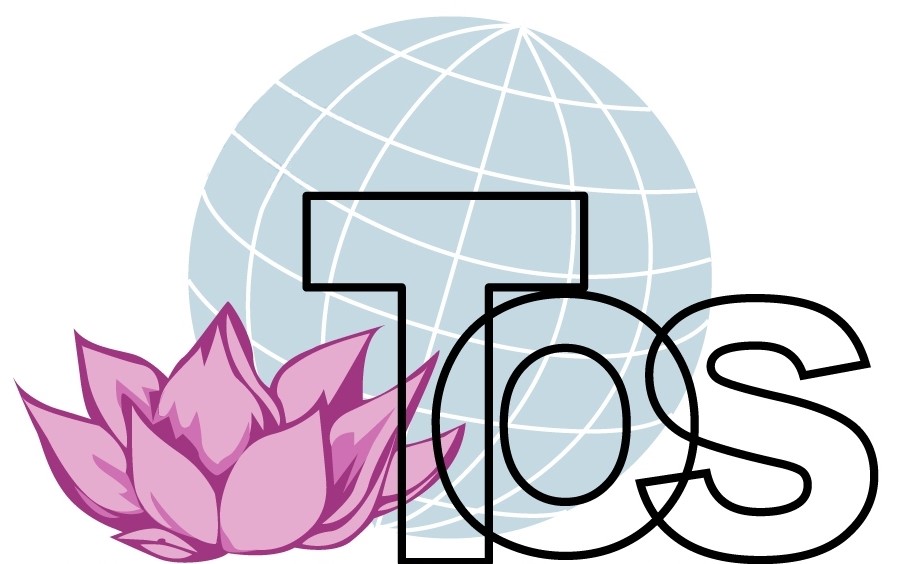A Force of Beneficence
In his book On the Watchtower, N. Sri Ram writes about the struggle for freedom. As an Indian, he was very aware of India’s fight for independence from Britain because he lived through it while working for the Theosophical Society. And, early in his career as Mrs. Besant’s personal secretary, he had a front row seat to her activism. Mrs. Besant, as well as many Indians who were also Theosophists, did not hesitate to speak against the discrimination and violence of the British. And despite India’s newly won independence in 1947, as international president of the Theosophical Society, Sri Ram continued writing about the state of world affairs, the need for countries and its citizens to have freedom, while interspersing his own wisdom into such articles.
He writes, “Suppression, whether it is consciously practiced or results only from the maintenance of vested interests, unconcerned as to the fate or happiness of the suppressed, always ends up in violence.” This, as history has shown and is showing now, could not be truer. In the US alone, light is being shone on a number of situations where systemic suppression, coercion, and discrimination has and continues to take place. The threads that hold such a pattern of darkness together are finally breaking. We can only hope this will regenerate a new way of how we see and act toward one another.
The question arises among members of the TS and those who support the TOS whether it is our place to speak against that which is in direct opposition to the tenets of Theosophy. This is not a new point of discussion. Criticism of the oppression of people and their culture took place during Mrs. Besant’s time as well as other leaders’ tenure. When China invaded Tibet, N. Sri Ram didn’t hesitate to write about the news reports coming from Tibet regarding the systematic terrorism and suppression of its citizens. Always one for a balanced approach to an issue, he tempered such statements by writing, “It is possible that there might be some exaggeration in these reports, confirmation being difficult.”
History of the Theosophical Society has shown that it is not outside the parameters of our leaders to speak, write, or advocate for those oppressed upon. In fact, it is our duty as Theosophists to promote that which our organization stands for. The question arises because as a body, our organizations (TS and TOS) are for various reasons--legal, ethical, and moral--to maintain an apolitical stance. But what does that entail? And who decides what is political and what isn’t? Especially when constitutions, like the one in the US, state certain basic rights, but such rights are not upheld by those in authority?
When such events affect our personal well-being, we eventually move from living in our own personal world to having to take a stand against that which impinges upon us. As the second wave feminists stated, the personal becomes political. This is often not by any choice of the person, but because one’s basic rights—the freedom to choose, to speak, to protest peacefully, and to live according to what that country states are the basic rights of every individual, citizen or not, are no longer being upheld. The constitution of a country is the doctrine of that country for all individuals who live there.
Is protesting against oppression, discrimination, and so on, a political action or simply humanitarian? Ask different people and one will get different answers. For those who have been oppressed, many may say they are fighting for their basic human rights. For those unfamiliar to the systemic discrimination a population undergoes, they will say it is political. The basic truth is that if everyone and everything were treated equally with kindness, dignity, and deep respect the world would be a very different place.
Should leaders of an organization that has a long history of promoting universality without any distinction of any kind, not say anything when members of a particular race of that organization or otherwise are the ones being oppressed? If so, how do members say that they are in sympathy with the first objective, “to form a nucleus of the universal brotherhood of humanity” of that organization? And if we believe that all life is one, then why is protesting against the slaughter of bears any different than protesting against harm done to individuals of a particular race?
We can state that the Theosophical Society is a spiritual organization and therefore talk of anything outside of this realm is not desired. But how can we explore the spiritual without taking into consideration that which flavors our lives as we dwell in these physical containers? Surely Nature, in all its wisdom, did not put us in bodies as a practical joke. There is a reason we live in this physical world and deal with personalities and the circumstances they create. After all, we are only human.
Apolitical means no political significance. An apolitical organization like the Theosophical Society or the Theosophical Order of Service cannot partake in backing a political candidate or promote one political party over another. It must have no ties with any political organization via donations or endorsements. However, it does not mean that as an organization it cannot uphold what it stands for when events in the world affect the mission of the work it promotes.
Granted, theosophical gatherings should be occupied discussing theosophy, not daily events. They should be spaces where participants can find solace to soothe themselves through deeper study and reflection from the heavy outer world minutiae. This not only helps us, but others at the unseen level. Yet, our work should not stop there. If we are truly committed to the mission of theosophy and want to live a theosophical life, we must be the force of beneficence in the everyday physical realm as well. Through the lens of a balanced view, our voice, word, and actions can contribute to the betterment of the world and all its living beings. That is true service.

